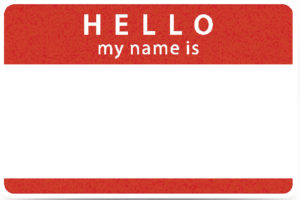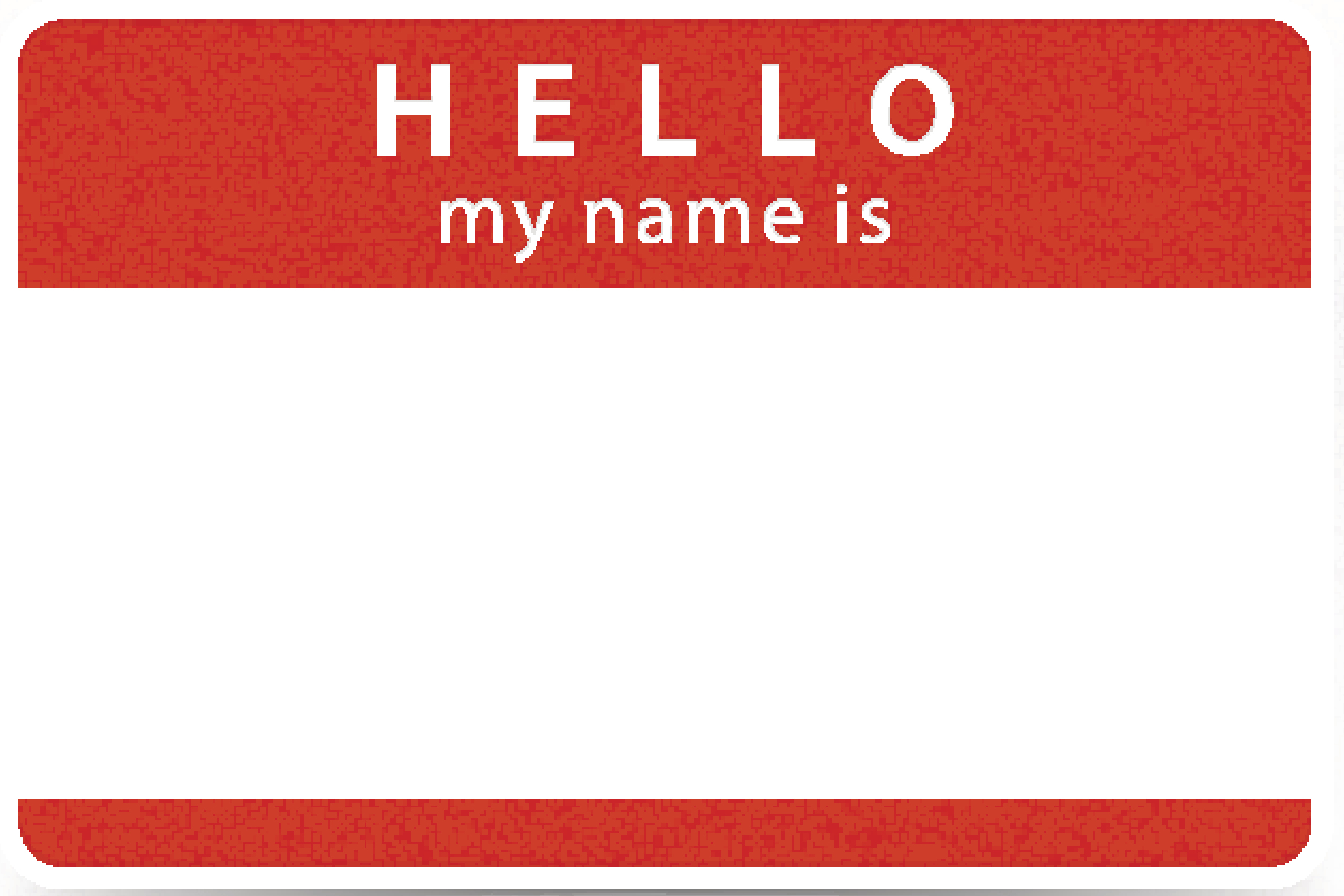 One of the cool things about working with new companies over the years is getting involved at the start of an enterprise, when decisions on what the company is all about are being made. Many of the most exciting things happen at the leading edge, sometimes even at the lunatic fringe, of an industry.
One of the cool things about working with new companies over the years is getting involved at the start of an enterprise, when decisions on what the company is all about are being made. Many of the most exciting things happen at the leading edge, sometimes even at the lunatic fringe, of an industry.
And one of the most contentious, demanding, fascinating, fun and often frustrating things is deciding what to name the product or the company. Whatever you offer, you have to put a tag on it, give it a handle, dub, label, title, pin down, declare, cognominate – you have to call it something. On a few rare occasions a wonderful name just pops into your head, a flash of insightful brilliance.
But for most people, naming is a tough slog. And a systematic process for name development is essential. Naming is an art involving generating and exploring lists of different ways to convey a very specific, tightly focused essence of a message. No name can encapsulate the entire business philosophy, and names that try too hard often end up conveying nothing at all. But the start of the naming process begins with the core attributes of your brand.
- Begin with your brand basics. What it is, who it’s for and why customers should care.
- List Attributes. The content, personality, points of distinction, and elements of what you want your name to mean provide starting points for creating names.
- Generate Descriptive names. These are easily understood, but are seldom remarkable and can often be far too generic for memorability. There is the problem that most good descriptive names may already be taken. But a name that quickly conveys what the customer can expect is a huge shortcut to engagement.
- Explore Evocative names. The name “Amazon” evokes wildness, wonder and large scale. What experiences or feelings can your name call to mind that are relevant to the customers you want to serve and the way you will run your business?
- Consider Connotations. What feelings will the name imply? These let you go beyond the strict literal meaning of your descriptive names. They are the imaginative, emotional associations surrounding a word, often with social overtones or cultural interpretations. Metaphorical names stand for something larger than themselves. (i.e., Ford’s Mustang connotes untamed energy, running free)
- Explore adaptations of foreign terms. We live in a global marketplace, and adapting a foreign language term that has a relevant meaning opens the door to many beautifully sounding words around which you can build your story.
- Explore astronomy and mythology. These can be great sources of symbolic stories and names that may reflect aspirations. (i.e., Nike is the Greek Goddess of victory)
- And finally, explore artificially contrived names, unique spellings, possibly acronyms, that can be own-able.
Screening Criteria for Names:
Once you have your list of potential names, rank them for suitability.
Linguistic criteria include: phonology (how it sounds); how easy it is to pronounce; how easy it is to spell; whether it can be confused with words that have unwanted connotations; memorability.
Branding criteria include: association with core elements of brand proposition; descriptive strength, close association with key attributes; distance from negative attributes; and evocativeness (what feelings or ideas it conjures up).
IP criteria include: This is probably the most critical consideration. Don’t fall in love with a name until you can determine early on whether it is a name you can own. You can create meaning by building a story around your name. But it is absolutely essential that it is a name you can legally protect. A Google search can tell you a lot in terms of current use and whether it is possible to register or obtain a domain. But a more in-depth legal search is needed to determine whether you can register your new company name or register a trademark.
“What’s in a name? That which we call a rose by any other name would smell as sweet.” – William Shakespeare
